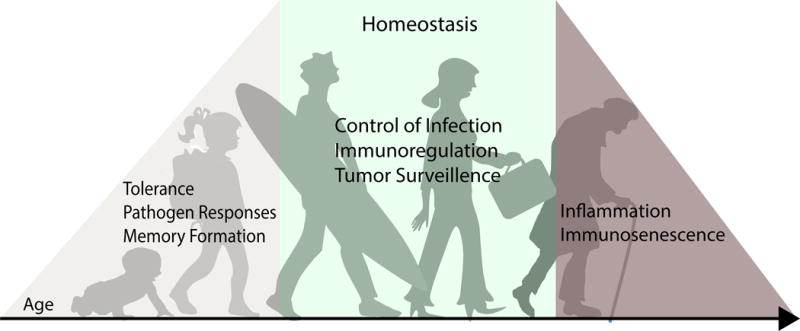Figure 1. Overview of changing role of T cells in at distinct life stages.

In early years, when humans encounter many antigens for the first time, T cells mediate pathogen clearance for multiple acute infections, develop memory responses, and establish tolerance to innocuous foreign antigens. After childhood, the T cell compartment is more stable with fewer acute infections and reduced generation of memory. During many decades of adult life, T cells maintain homeostasis in tissues by controlling chronic infections, surveilling for cancer cells, and maintaining proper immunoregulation. Finally, in advanced age there is a well-documented decline in T cell function and a corresponding increased susceptibility to infection, cancer, and autoimmunity.
